We all make gardening mistakes, especially when we’re attempting something new like going back to the land and growing our own food. But when you take to social media for a bit of solace, it won’t be long until the motivational, cliched, inspirational quotes appear — emblazoned over stock images of garden landscapes seeking to encourage you.
“You have to look through rain to see the rainbow.”
“Keep calm and carry on” (or garden on, or weed on, or insert-verb-here on).
“Life is not about waiting for the storm to pass. It’s about learning to dance in the rain.”
Eye. Roll. These are the modern, digital equivalents of those posters that used to hang in the gym of elementary school. I was sick of cheesy one-liners, then, and that was well before anyone had heard of a meme or seen a cat playing the piano.
But in the garden, mistake-caused failure isn’t just a stock-photo tomato with a Helvetica caption. It is food that you really wanted to harvest. It can be hard to ignore those trite sayings (and resist an adult tantrum) when mismanagement of weeds, hornworms, drought, and bad timing foil your efforts.
Thankfully, some of the most common gardening mistakes are the easiest to fix if you’re willing to calm down and stop swearing at the aphids. Take a scroll through our top gardening mistakes and remedies and see if anything sounds familiar. With some tongue-in-cheek aid from a heaping helping of those awfully overused motivational admonitions, we can help you “hang in there” like that kitten dangling from a tree branch meme.
1. Not Keeping Records
I know, keeping records sounds like a job assignment or tax-season preparation, and squinting over spreadsheets may feel as far from your food plot as you can get. But not keeping records in a garden journal is one of the most widespread mistakes that gardeners can make.
What did you plant in that bed last year? What variety was it? When did you plant it? Did it do well? If you can’t answer these basic questions, then you run the very real risk of repeating last year’s gardening mistakes or forgetting the positive lessons you learned from experience. “Those who don’t learn from history are doomed to repeat it.” Right?
2. Too Much Mulch
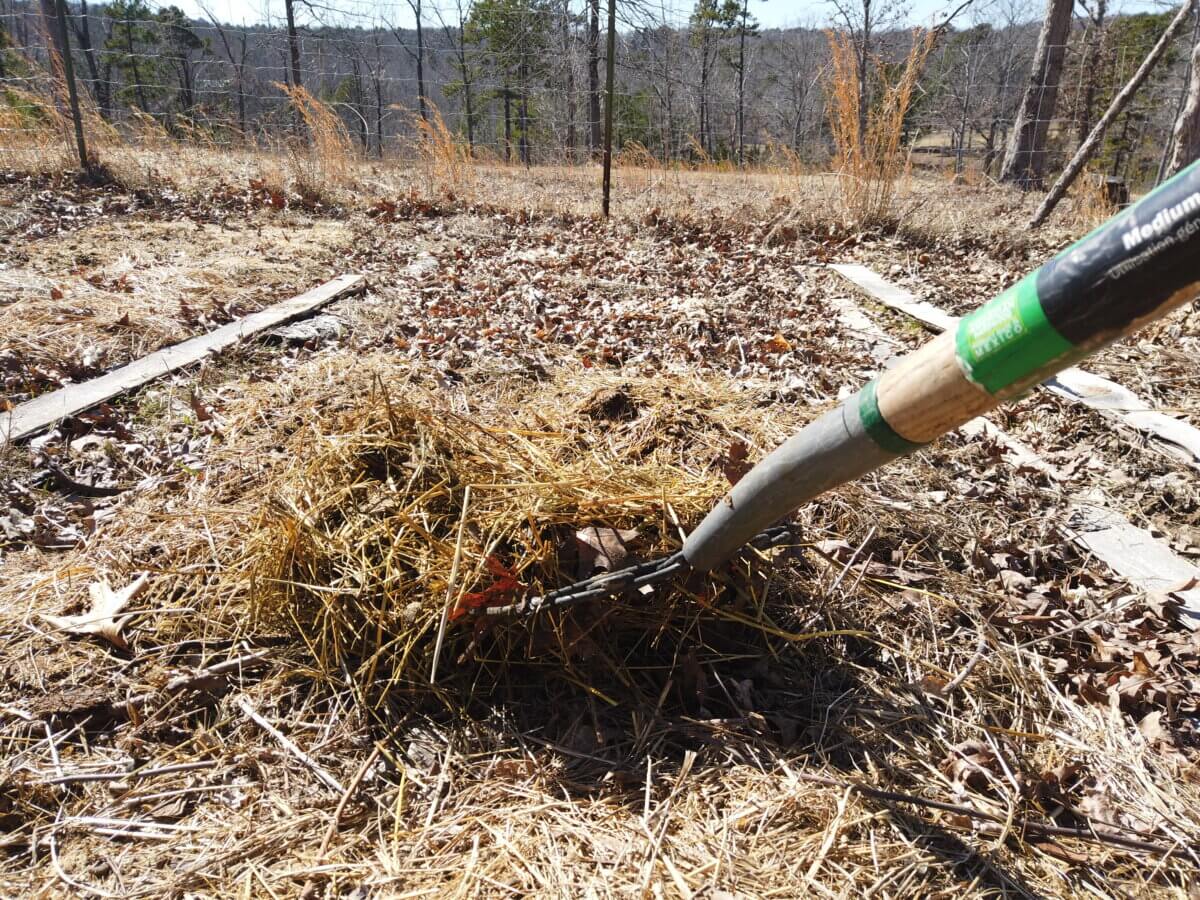
Many who learn of Ruth Stout’s no-till method, or Masanobu Fukuoka’s “One-Straw Revolution” quickly become ardent supporters. It can be very alluring to believe effortless, picture-perfect, weedless gardens are only a thick layer of mulch away. On the surface, mulch seems to be the answer to nearly every gardening problem, and so it’s easy to pile it on with abandon.
When done indiscriminately, mulch can become a problem, however. Mulch works best when used the right way, at the right time. Pile on mulch before the ground warms, and you’ll insulate your garden from the warming rays of the spring sun and slow down growth. Apply thick mulch when the ground is dry, and you can prevent rain from reaching and soaking into the soil. Throw down an over-thick layer right up against the base of trees, and you’ll create a haven for fungus and nibbling rodents to kill the tree. So learn some of these mulchy nuances, and you’ll be sure to manage mulch like a champ.
3. Planting Too Early
“The early bird may get the worm” but the early-planted okra gets stunted. I know it can be tempting to push the envelope and try to get heat-loving plants started as soon as possible. I’ve been guilty of this more times that I care to admit. But the truth is, plants that struggle to grow in the cold may be permanently affected through the rest of the growing year when the weather finally reaches a more summery state. Timing is another place where your garden journal can be immensely instructive. Because of a very boldly written note, I will always remember the okra I planted in mid-April, and never make that foolhardy attempt again.
4. Planting Too Late
“Better late than never” may work for some, but with many plantings, it would have been better to wait until the next season. Quick-to-bolt plants like cilantro or heat-sensitive plants like peas have a window of opportunity, and missing it will mean you’re going to waste seeds in the long run. If the weather has gotten too hot or too cold for whatever you wanted to plant at the moment, accept that you missed your chance and instead, work on what does want to grow at that time.
5. Watering Too Much
There can be “too much of a good thing” and when it comes to water, overapplication can be more than a waste of precious resources. It can actually damage your plants. Plants are designed to deal with both times of water abundance and drought (to a degree), and they can be adaptable … if they’re allowed to be, that is.
Plants that are overwatered never have to fight to make extensive root systems that seek out water, and as a result, end up with shallow root systems that can dry out quickly if ever the water stops flowing. And if grown in a pot (one of the most likely environments for overwatering), plants can outright die if drowned. Familiarize yourself with the signs of overwatering, such as yellowing leaves and grainy, insipid tomatoes.
6. Not Composting
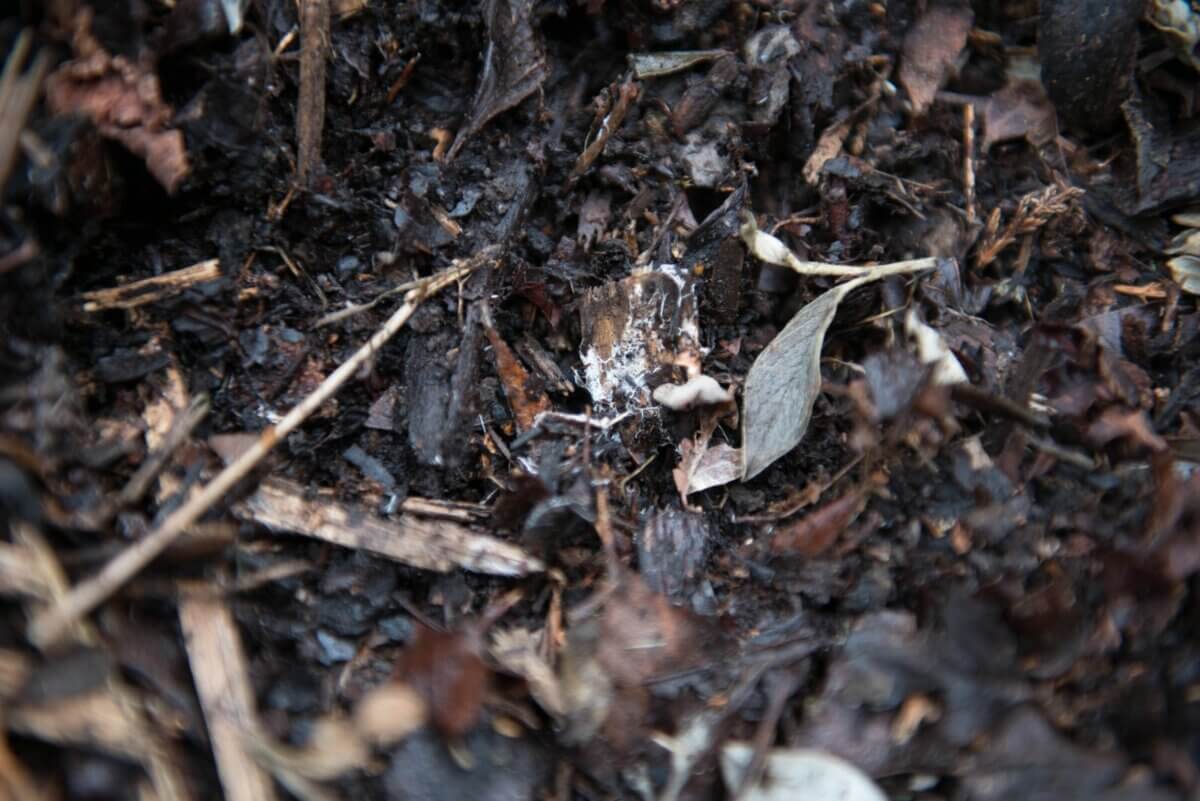
In our modern age, there are fertilizer aisles at the garden store where soil amendments fill shelves, and composting is considered an optional activity. But (in a most modern display of a system in nutritional shambles), garden waste, grass clippings, and fall leaves are piled in plastic bags and put to the curb while plastic bags of industrialized compost are brought in to feed the soil. I’m at a loss when I consider how many gardeners don’t have some form of composting worked into their garden habits. You may have heard that “you are what you eat” but the same also applies to your garden. Plants need nutrition, and if you’re not constantly adding to and improving the soil, they’re not going to amount to much. Though the plants feed us, it is our duty, in turn, to feed their soil if we want our gardens to be productive.
“But my HOA won’t allow it” some protest. I will swallow my rant against HOA’s for another day, and say instead, that there are many ways you can underhandedly compost if a true compost pile is not allowed. Some gardeners bury kitchen scraps and garden waste straight in the garden using pulled weeds as mulch and concentrating as much organic material as possible in the place where it’s needed. You can also set aside a portion of your garden every year as a compost spot, choosing to not plant it for that year and instead enriching it with mulch, buried scraps, and leaves left to rot. Come next spring, you’ll have some bumper harvests from that well-fed portion. Finally, you could try a vermicomposting system. Even if you’re not allowed to set up outdoors, worms can happily live in a tub in the basement or under the kitchen sink, where they willingly convert food scraps and leaves into rich soil amendments.
7. Letting Weeds Win
I can think of more than a few beginner gardeners who with great motivation, selected a new garden spot, plunged seeds into the soil, and with great celebration on social media, posted images of seedlings like a proud new parent. Then the summer came, and their gardens started acting like unsupervised teens, so the photos suddenly stop. In all cases, weeds took over, and the garden was abandoned by the time fall leaves started to change color.
Weeding is a necessary activity for a garden, and it’s one of those things that gets far, far worse the longer you put it off. Ignore or forget about the garden for a week, and you’ll suddenly find yourself needing a machete to find the tomatoes. Those weeds can seriously undermine the productivity of your food plot, and steal nutrients, moisture, and space from your garden plants.
Remember, “nothing great is achieved without enduring” and as far as I’ve experienced, no garden is weed-free, particularly in the start-up years. The longer you work at improving the soil, the better it will become, year by year.
8. Giving Up
“If at first you don’t succeed, try, try again.” I don’t know anyone who likes being berated with that line while slumped in disgrace, but it’s true. Maybe you let weeds take over your onions, or you totally messed up your planting schedule, or time passed while you were busy with other projects, and the garden dried up in the summer heat. Mistakes happen. Failure sweeps in. Nobody’s perfect.
Those initial gardening mistakes, however, can lead to garden revelations. Sure, a garden can be a huge source of frustration when it doesn’t work according to plan, but a different perspective can turn every misstep into a learning experience to make you stronger next year. Or as others put it:
“Mistakes are the portals of discovery.” James Joyce
“Experience is simply the name we give our mistakes.” Oscar Wilde
“Mistakes are always forgivable, if one has the courage to admit them.” Bruce Lee
“To make mistakes is human; to stumble is commonplace; to be able to laugh at yourself is maturity.” William Arthur Ward
So whether you’re now motivated, or the annoyingly inspirational one-liners were too much to bear, I hope this list has given you some resources to help you through the next planting season. As they say, “When life gives you lemons …
All right, I’ll stop.
Actually, you know what? You can do whatever you want with those proverbial citrus fruits. I’m getting sick of being told how to use them.




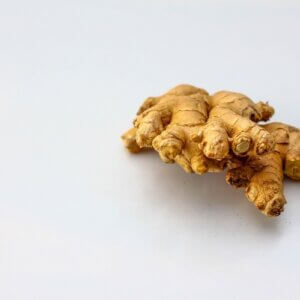
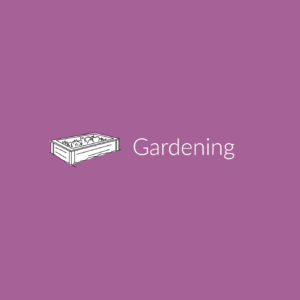



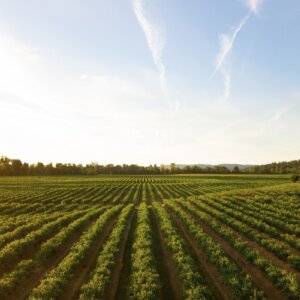




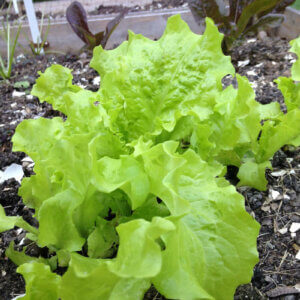


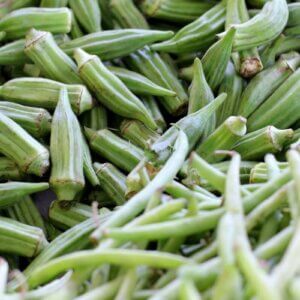

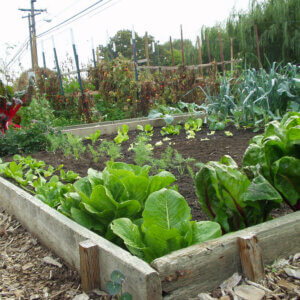
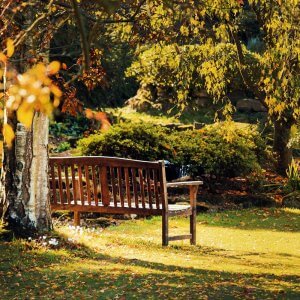
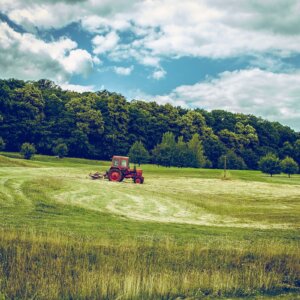

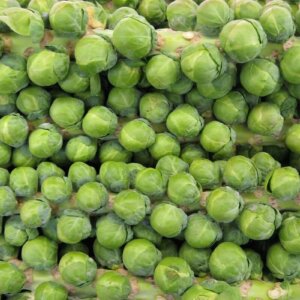

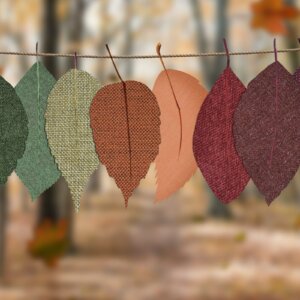

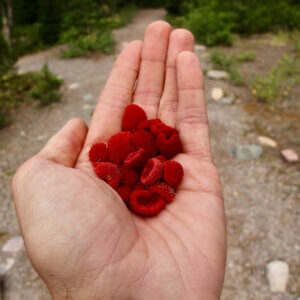

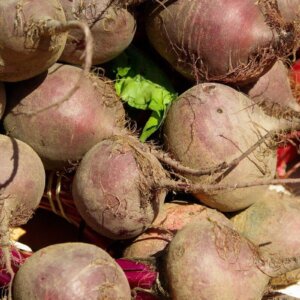
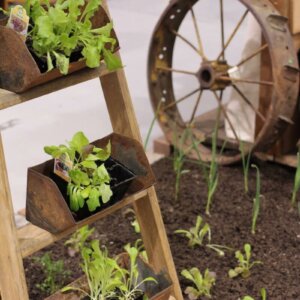

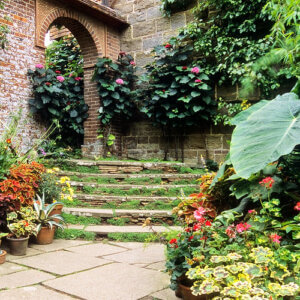
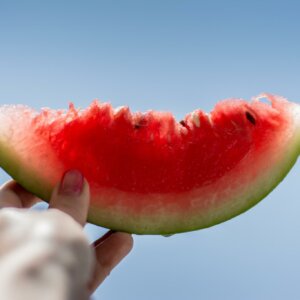
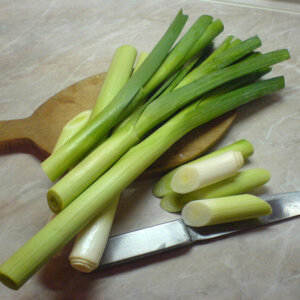


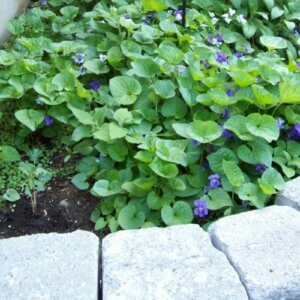
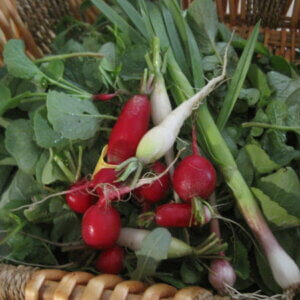



Leave a Reply